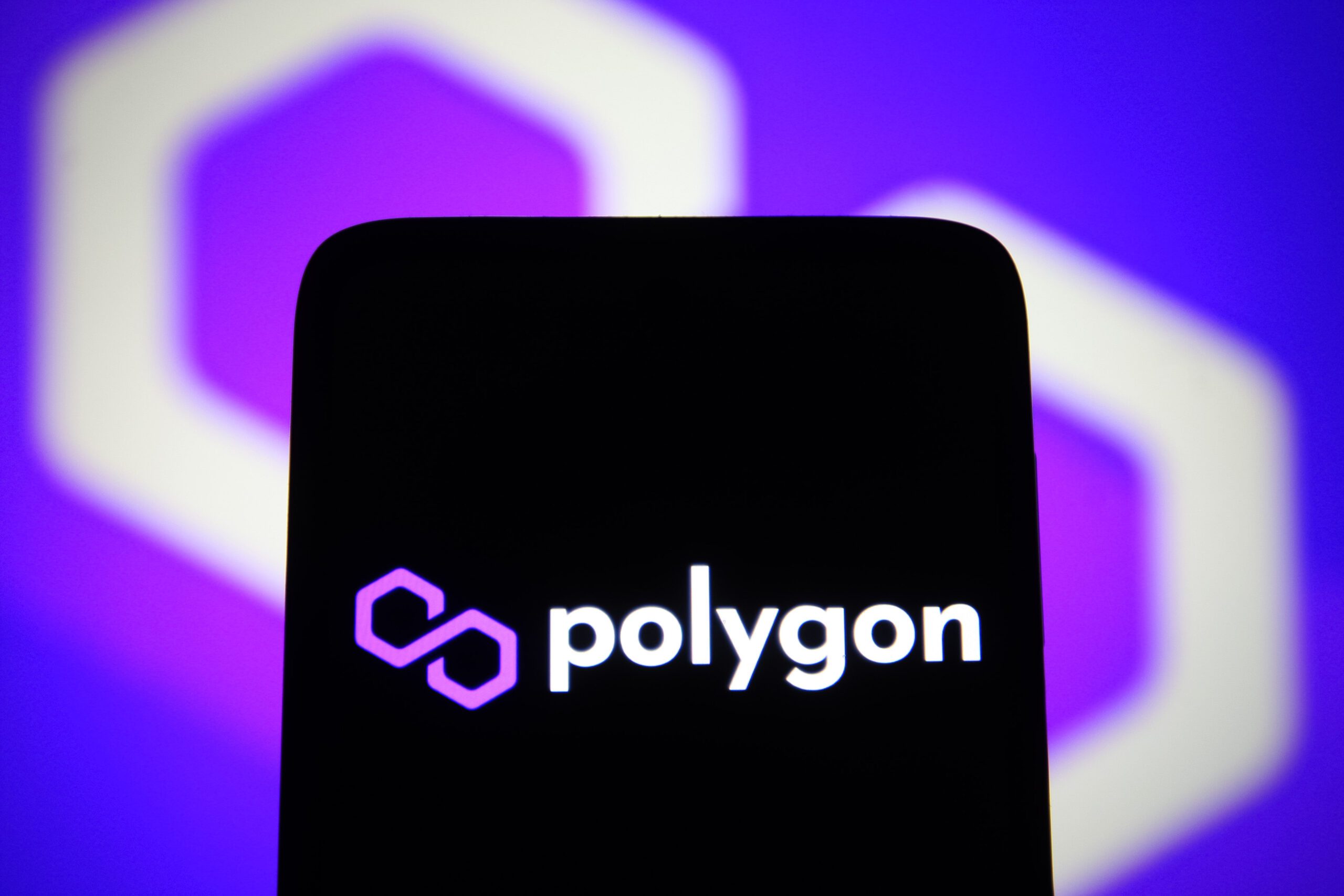|
Getting your Trinity Audio player ready...
|
In an exciting development that is set to revolutionize the landscape of blockchain technology, Polygon (MATIC) has unveiled its 2.0 upgrade. As one of the leading Layer 2 scaling solutions for Ethereum (ETH), Polygon’s latest release taps into the immense potential of the internet’s value layer, opening up new avenues for innovation and transforming the way we interact with decentralized applications (dApps).
What is Polygon 2.0?
Polygon 2.0 represents a network comprising ZK-powered Layer 2 chains, seamlessly connected through an innovative cross-chain coordination protocol. From a user’s perspective, interacting with the network will be as intuitive as engaging with a single chain.
The remarkable aspect of this network lies in its ability to accommodate an extensive number of chains while enabling secure and instant cross-chain interactions, without the need for additional security measures or trust assumptions. With unlimited scalability and unified liquidity, Polygon 2.0 is poised to transform Ethereum into the comprehensive Value Layer it was originally designed to be, seamlessly integrating with the broader Internet ecosystem.
1/ Our vision for Polygon is simple: to build the Value Layer of the Internet.
— Polygon | Aggregated (@0xPolygon) June 12, 2023
The Internet allows anyone to create and exchange information. The Value Layer allows anyone to create, exchange, and program value.
Enter Polygon 2.0: a blueprint to build the ultimate Value Layer. pic.twitter.com/9eYSr3H1L5
Polygon 2.0 guarantees that users can monitor the network’s progression towards becoming the Value Layer, where it will provide limitless scalability and unified liquidity by leveraging advanced ZK (zero-knowledge) technology. This integration of protocols within Polygon 2.0 creates a seamless user experience, particularly through the utilization of zk-Ethereum Virtual Machine (zkETH) technology, alongside other innovations like Proof-of-Stake (PoS) and Supernets. This convergence ensures that users perceive their interaction with the network as akin to using a familiar chain, enhancing usability and accessibility.
SEC Bloodbath
Polygon (MATIC) is among the tokens that have been classified as securities by the US Securities and Exchange Commission (SEC). This classification has prompted various cryptocurrency entities to remove all assets mentioned, including Solana (SOL) and Cardano (ADA), from their platforms.
eToro, one of the proactive entities in delisting tokens, recently announced to its customers that they would no longer be able to initiate new positions in Algorand (ALGO), Decentraland (MANA), and Dash (DASH) starting from July 12.
This decision comes in the aftermath of the SEC’s recent legal action against two prominent cryptocurrency exchanges, Binance and Coinbase. In the case of Binance, the SEC has charged the exchange with multiple violations of securities laws, accompanied by a list of 13 other charges. Notably, Binance and its CEO Changpeng Zhao have assembled a formidable defense team, led by George Canellos, an esteemed criminal defense attorney in the United States specializing in digital assets.
With a keen eye on the latest trends and developments in the crypto space, I’m dedicated to providing readers with unbiased and insightful coverage of the market. My goal is to help people understand the nuances of cryptocurrencies and make sound investment decisions. I believe that crypto has the potential to revolutionize the way we think about money and finance, and I’m excited to be a part of this unfolding story.




